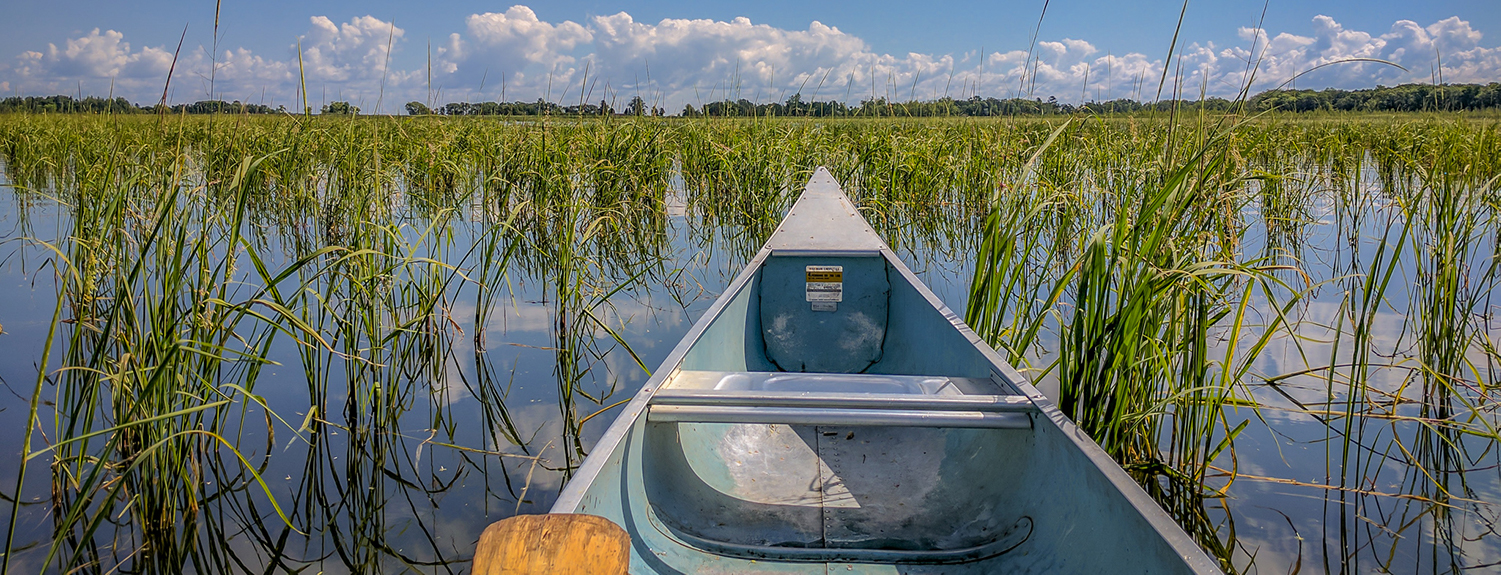
Panel Discussion, University-Tribal Partnerships to Support Sovereignty and Environmental Justice
Learn more about wild rice and research to support tribal sovereignty
Published04/21/2021
In a recent panel discussion, University-Tribal Partnerships to Support Sovereignty and Environmental Justice, panelists shared their experiences working with tribes and as tribal people on projects that prioritize tribal perspectives and control over information. We’re happy to share this list of resources and a short Q&A excerpted from the discussion.
Learn more about Climates of Inequality and upcoming panel discussions, here.
Q&A
What is happening to wild rice habitat and what are you doing about it?
Mike Dockry: We’ve seen a decline of wild rice in Michigan, where my people are from, and in Wisconsin. In Minnesota, it’s hanging on, but there’s a real worry that there’s going to be major declines in wild rice habitat here too. We want to help, but we start by listening to tribal partners, asking, “What would you like us to be doing, how can we work together?” That’s the way I approach research, as service, in this case service to tribes. You can’t be of service if you don’t understand what goals and objectives the people that you’re serving have. So this humility and this listening—this understanding—that’s all a part of where this project was born.
Learn more about the project First We Must Consider Manoomin / Psiη (wild rice).
What advice would you give about building partnerships with tribes?
Tianna Odegard: I’m glad you asked. This is really important; don’t have a timeline, and make sure that whatever you have imagined is down the road, possibly years in advance. Don’t approach saying “Hey, I want to have this project done by the end of the semester.” It’s hard to really build a relationship when students or faculty are only able to work in a limited time frame. Make sure that your strategic planning includes partnership building and listening sessions—and that’s before your actual project can start. I know it’s hard to define that, and it’s hard to advocate for that, but it’s important. A relationship needs to be built first in order for a project to be fully inclusive. So prepare for slow change and learn patience.
Read about considerations for responsible research developed by this research team.
As an educator and a parent, how can I support deeper understanding around cultural issues, like manoomin (wild rice)?
Mark Bellcourt: Think about what you are teaching, and how you can bring in Indigenous views, and not just Indigenous views, but other cultural views as well. I was working with an educator one time who was so excited because they were doing both Indigenous stuff and science stuff in class. I visited, and they talked about science. Then they abruptly stopped and said, “now we’re talking about culture.” It’s like, no, no, integrate them! Think about what the intersection is between this cultural knowledge and the science knowledge. How can you incorporate those things? We can help young people understand this, that it’s not Indigenous science versus Western science—they aren’t separate—it’s all science, it’s all seeking knowledge. They can be integrated. Why can’t we learn both?
Learn more about the integrations of cultural knowledge and science in tribal planning for climate change from the Great Lakes Indian Fish and Wildlife Commission (GLIFWC) and 1854 Treaty Authority.
How do you balance your interests as a researcher with support for tribal sovereignty, including tribal control over what can be researched and how?
Crystal Ng: On our project, I know it was really powerful for me and other conventionally-trained, non-Native scientists like myself to hear a Native person describe how it felt to have research done on wild rice in a way that was not respectful. I don’t share that cultural background; I didn’t grow up understanding manoomin as a sacred being. But when you hear someone say “Manoomin is a relative for me. It’s like my grandmother”? I think we can all relate to that. We can think, “well I wouldn’t want research done on my grandmother.” So maybe I don’t understand exactly what it feels like to have that relationship with manoomin, but I can hear it. It’s important to have some reflection about the privileges that many of us have as settlers, and to just listen. We can focus on the humanity that we have when we communicate with each other and hear directly from each other.
Learn more about tribal sovereignty and why it is important.
We’re hearing that tribal-University partnerships have been transformational for researchers and even for their disciplines. What has this work taught you?
Chris Rico: It’s my position as a public historian to act as a mediator sometimes, in this case between cultural issues and science. I’ve seen that in the past scientists didn’t always make the effort to understand the cultural importance of manoomin to tribal communities. They didn’t take that extra step to center the community’s knowledge and do work to benefit the community as opposed to themselves. Learning about that has really made me stop and think about why I am doing a certain project and to compel myself to always make sure that I’m decentering myself and centering the communities that I’m working with.
Support tribal businesses by buying native-grown and -harvested rice from the White Earth Land Recovery Project, Red Lake Nation Foods, or one of the many other outlets.
Learn about Indigenous food sovereignty, and how to cook your rice, from the Sioux Chef, and Dream of Wild Health.
Moderator
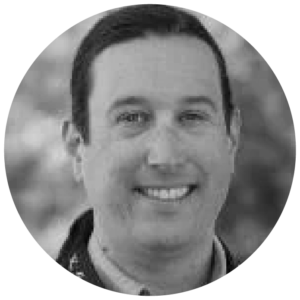
Mike Dockry (Citizen Potawatomi Nation), Assistant Professor Forest Resources, University of Minnesota
Dr. Mike Dockry is a member of the Citizen Potawatomi Nation, which holds traditional territories around Lake Michigan and contemporary tribal lands in Central Oklahoma. Dockry is an assistant professor for tribal natural resource management in the Department of Forest Resources at the University of Minnesota and an affiliate faculty member of the American Indian Studies Department. Dockry holds a B.S. in Forest Science from the University of Wisconsin, an M.S. in Forest Resources from Penn State, and a Ph.D. in Forestry from the University of Wisconsin. Mike’s research and teaching focus on tribal natural resource management, climate adaptation planning, environmental history, incorporating Indigenous knowledge into forestry, and building partnerships with American Indian tribes.
Panelists
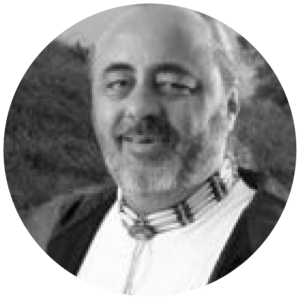
Mark Bellcourt (White Earth Nation), Co-PI of First We Must Consider Manoomin / Psiη (Wild Rice)
Dr. Mark Bellcourt is a retired academic professional who advised students and taught classes at the University of Minnesota for almost 25 years. He is a former board member of the American Science and Engineering Society (AISES) and an enrolled member of the White Earth Nation.
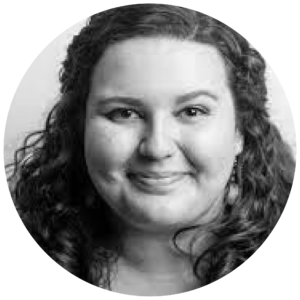
Tianna Odegard (Upper Sioux Community), Independent Public Historian
Tianna M. Odegard is a member of the Upper Sioux Community, one of four federally recognized Dakota tribal nations in Minnesota. This area is known in the Dakota language as Pejuhutazizi (Pe ji Jota zi zi) Kapi or “the place where they dig for yellow medicine.” She earned her Master’s in Heritage Studies and Public History at the University of Minnesota. She hopes to continue engaging the public with a range of diverse backgrounds to take note of the history of the people and the lands we are surrounded by, privileging life experiences, and knowledge sets that are not traditionally validated by academic settings.
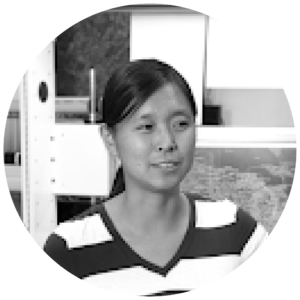
Crystal Ng, Associate Professor, Earth and Environmental Sciences, University of Minnesota
Dr. Crystal Ng is a hydrologist whose research focuses on how water interacts with soil, the atmosphere, plants, and biogeochemistry, particularly in response to stressors such as climate change, land-use and cover change, and contamination. Through the collaborative tribal-university project on manoomin, she has had the honor of learning from tribal partners, as they work together to protect manoomin and support tribal sovereignty.
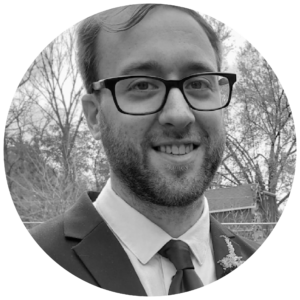
Chris Rico Graduate Student, Heritage Studies and Public History, University of Minnesota
Chis Rico is focused on conducting community-centered and driven environmental justice research and awareness initiatives. He had the privilege of first starting this work by contributing a project titled “The Rights of Manoomin” to the Climates of Inequality exhibit. He went on to research the legacy of the University’s Wild Rice Breeding and Genetics program in support of the First We Must Consider Manoomin / Psiη (Wild Rice) initiative.

